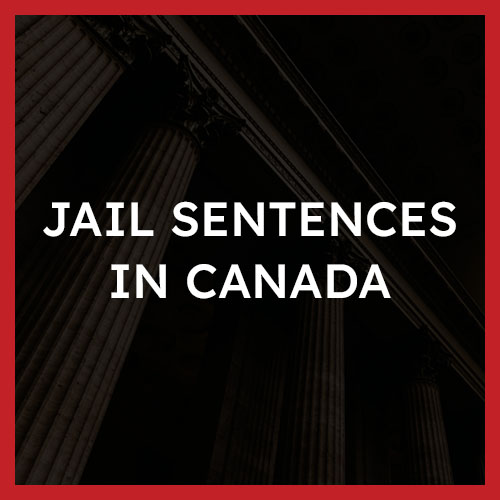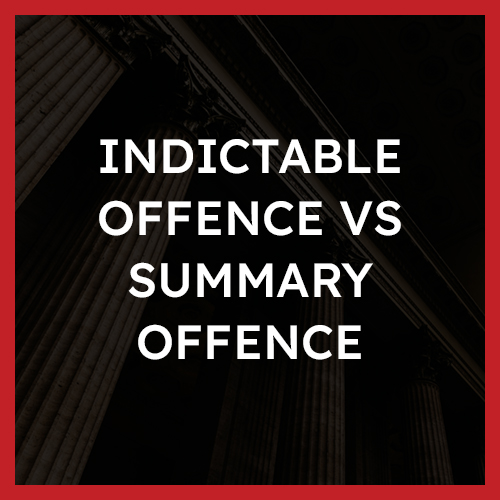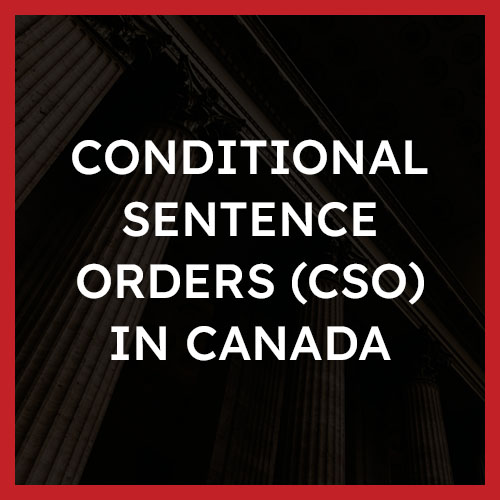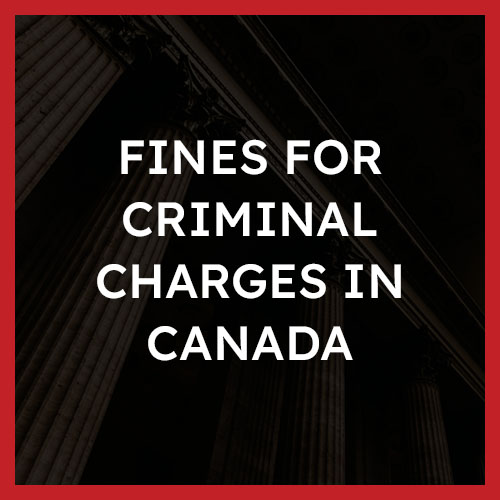Jail Sentences in Canada

Before sentencing an offender to a term of imprisonment, the court must consider sanctions such as:
- Fines;
- Probation orders (suspended sentences); and
- Conditional sentence orders (house arrest).
When no other sentence is appropriate, either because of the nature of the offence or because of your particular circumstances, a jail sentence will be imposed.
The exact wording of section 718.2(e) of the Code is as follows:
718.2(e) all available sanctions, other than imprisonment, that are reasonable in the circumstances and consistent with the harm done to victims or to the community should be considered for all offenders, with particular attention to the circumstances of Aboriginal offenders.
When courts do resort to jail time, depending on the length of the sentence and the specific circumstances, the time may be served either intermittently, or “straight” (meaning all at once).
Intermittent Jail Sentence (Weekend Jail)
If the jail sentence you receive is 90 days or less, the judge has the discretion to allow you to serve it intermittently. This means the judge may let you serve jail time on weekends, while still being able to go to work and/or take care of any dependents during the week until the sentence is served.
For example, if you go into custody on Friday at 7pm, and are released on Monday at 7am, you will get the benefit of 4 days custody. At this rate, even a 90-day jail sentence can be completed relatively quickly, with minimal intrusion on your ability to earn a living and/or care for your children or any other dependents.
Straight Jail Sentence
Straight jail time refers to jail time that is served all at once, meaning you will be in the jail facility for the duration of your sentence.
Your sentence will be served in either a provincial jail or federal penitentiary. Where you serve your sentence is largely based on the length of your sentence:
- Provincial Jail: You will serve your sentence in a provincial jail if you have less than two years left to serve on the day of sentencing.
- Federal Penitentiary: If you have two years or more left to serve on the day of sentencing, you will serve your time in a federal penitentiary.
The current system allows for automatic parole after two thirds of the sentence is served. That means that if a one-year jail sentence is imposed, you will almost automatically be released after completing eight months.
Both the provincial and federal systems have early parole options, although the federal early release system is more robust, given that the longest sentences are served federally.
If straight jail is imposed on the day of sentencing, you will go to jail directly following the proceedings. This means it is crucial that you have your affairs in order prior to sentencing, as you will not have a chance to do so following the judge’s decision.
What’s Next?
Our criminal defence lawyers are experienced and skilled at providing thorough advocacy and representation at all stages of criminal proceedings, from pre-charge legal advice to sentencing and appeals.
Contact us for a consultation so we can begin to explore all possible defence avenues in your case and reach the best solution for you.
About The Author








